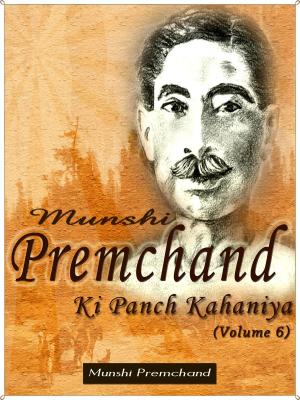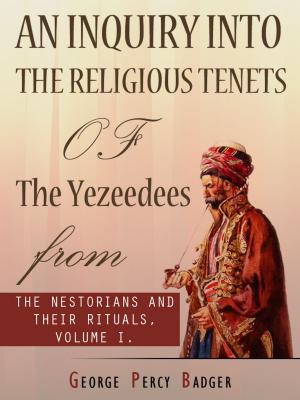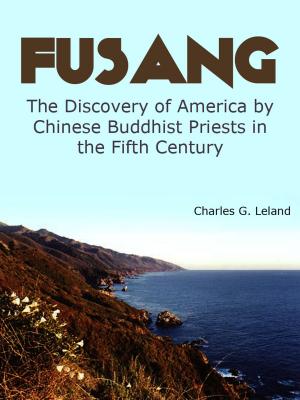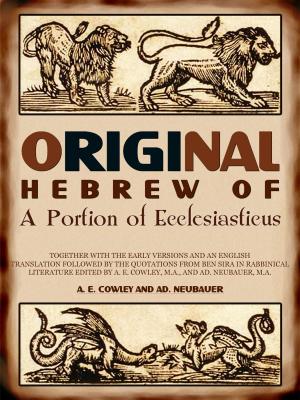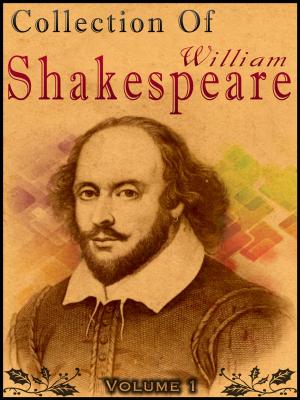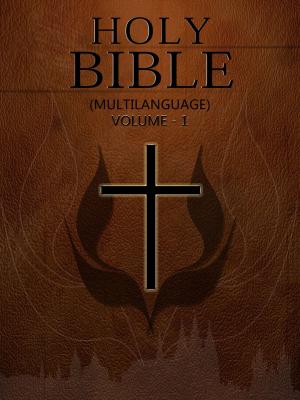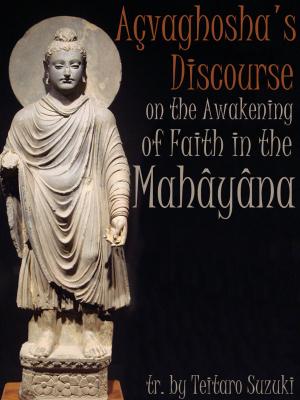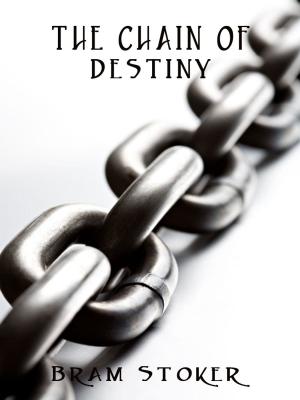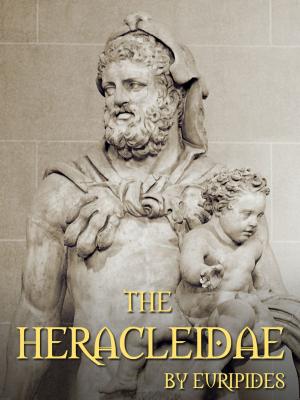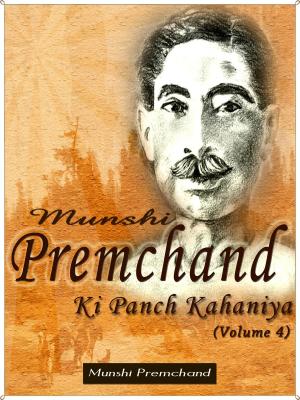The Mahabharata, Book 5: Udyoga Parva
Nonfiction, Religion & Spirituality, Eastern Religions, Hinduism, Inspiration & Meditation, Spirituality, History| Author: | Kisari Mohan Ganguli | ISBN: | 1230000036111 |
| Publisher: | AppsPublisher | Publication: | December 3, 2012 |
| Imprint: | Language: | English |
| Author: | Kisari Mohan Ganguli |
| ISBN: | 1230000036111 |
| Publisher: | AppsPublisher |
| Publication: | December 3, 2012 |
| Imprint: | |
| Language: | English |
The Mahabharata, Book 5: Udyoga Parva
Kisari Mohan Ganguli, tr.
Om! Having bowed down to Narayana, and Nara the foremost of male beings, and the goddess Saraswati also, must the word Jaya be uttered.
It is of immense importance to the culture of the Indian subcontinent, and is a major text of Hinduism. Its discussion of human goals (artha or purpose, kama or pleasure, dharma or duty/harmony, and moksha or liberation) takes place in a long-standing tradition, attempting to explain the relationship of the individual to society and the world (the nature of the 'Self') and the workings of karma.
The object of a translator should ever be to hold the mirror upto his author. That being so, his chief duty is to represent so far as practicable the manner in which his author's ideas have been expressed, retaining if possible at the sacrifice of idiom and taste all the peculiarities of his author's imagery and of language as well. In regard to translations from the Sanskrit, nothing is easier than to dish up Hindu ideas, so as to make them agreeable to English taste. But the endeavour of the present translator has been to give in the following pages as literal a rendering as possible of the great work of Vyasa. To the purely English reader there is much in the following pages that will strike as ridiculous. Those unacquainted with any language but their own are generally very exclusive in matters of taste. Having no knowledge of models other than what they meet with in their own tongue, the standard they have formed of purity and taste in composition must necessarily be a narrow one. The translator, however, would ill-discharge his duty, if for the sake of avoiding ridicule, he sacrificed fidelity to the original. He must represent his author as he is, not as he should be to please the narrow taste of those entirely unacquainted with him. Mr. Pickford, in the preface to his English translation of the Mahavira Charita, ably defends a close adherence to the original even at the sacrifice of idiom and taste against the claims of what has been called 'Free Translation,' which means dressing the author in an outlandish garb to please those to whom he is introduced.
"Vaisampayana said, 'Then those valiant descendants of Kuru, who belonged to the same party (with Virata), having joyfully celebrated the nuptials of Abhimanyu and rested themselves that night, presented themselves at dawn, well pleased, in the court of Virata, And the chamber of the king of the Matsya was full of riches, and variegated with choice gems and precious stones, with seats methodically arranged, adorned with garlands, and filled with fragrance. And those mighty monarchs of men all came to that place, And on the seats in front sat the two kings Virata and Drupada. And the revered and aged rulers of the earth, and Valarama and Krishna along with their father, all sat there. And close to the king of Panchala was seated the great hero of the race of Sini, together with the son of Rohini. And side by side with the king of the Matsya sat Krishna and Yudhishthira, and all the sons of king Drupada, and Bhima and Arjuna, and the two sons of Madri, and Pradyumna and Samva, both valiant in battle, and Abhimanyu with Virata's sons. And those princes, the sons of Draupadi, rivalling their fathers in valour, strength, grace, and prowess, sat upon excellent seats inlaid with gold. And when those mighty heroes wearing shining ornaments and robes had set themselves down, that gorgeous assembly of kings looked beautiful like the firmament spangled with resplendent stars.
The Mahabharata, Book 5: Udyoga Parva
Kisari Mohan Ganguli, tr.
Om! Having bowed down to Narayana, and Nara the foremost of male beings, and the goddess Saraswati also, must the word Jaya be uttered.
It is of immense importance to the culture of the Indian subcontinent, and is a major text of Hinduism. Its discussion of human goals (artha or purpose, kama or pleasure, dharma or duty/harmony, and moksha or liberation) takes place in a long-standing tradition, attempting to explain the relationship of the individual to society and the world (the nature of the 'Self') and the workings of karma.
The object of a translator should ever be to hold the mirror upto his author. That being so, his chief duty is to represent so far as practicable the manner in which his author's ideas have been expressed, retaining if possible at the sacrifice of idiom and taste all the peculiarities of his author's imagery and of language as well. In regard to translations from the Sanskrit, nothing is easier than to dish up Hindu ideas, so as to make them agreeable to English taste. But the endeavour of the present translator has been to give in the following pages as literal a rendering as possible of the great work of Vyasa. To the purely English reader there is much in the following pages that will strike as ridiculous. Those unacquainted with any language but their own are generally very exclusive in matters of taste. Having no knowledge of models other than what they meet with in their own tongue, the standard they have formed of purity and taste in composition must necessarily be a narrow one. The translator, however, would ill-discharge his duty, if for the sake of avoiding ridicule, he sacrificed fidelity to the original. He must represent his author as he is, not as he should be to please the narrow taste of those entirely unacquainted with him. Mr. Pickford, in the preface to his English translation of the Mahavira Charita, ably defends a close adherence to the original even at the sacrifice of idiom and taste against the claims of what has been called 'Free Translation,' which means dressing the author in an outlandish garb to please those to whom he is introduced.
"Vaisampayana said, 'Then those valiant descendants of Kuru, who belonged to the same party (with Virata), having joyfully celebrated the nuptials of Abhimanyu and rested themselves that night, presented themselves at dawn, well pleased, in the court of Virata, And the chamber of the king of the Matsya was full of riches, and variegated with choice gems and precious stones, with seats methodically arranged, adorned with garlands, and filled with fragrance. And those mighty monarchs of men all came to that place, And on the seats in front sat the two kings Virata and Drupada. And the revered and aged rulers of the earth, and Valarama and Krishna along with their father, all sat there. And close to the king of Panchala was seated the great hero of the race of Sini, together with the son of Rohini. And side by side with the king of the Matsya sat Krishna and Yudhishthira, and all the sons of king Drupada, and Bhima and Arjuna, and the two sons of Madri, and Pradyumna and Samva, both valiant in battle, and Abhimanyu with Virata's sons. And those princes, the sons of Draupadi, rivalling their fathers in valour, strength, grace, and prowess, sat upon excellent seats inlaid with gold. And when those mighty heroes wearing shining ornaments and robes had set themselves down, that gorgeous assembly of kings looked beautiful like the firmament spangled with resplendent stars.


